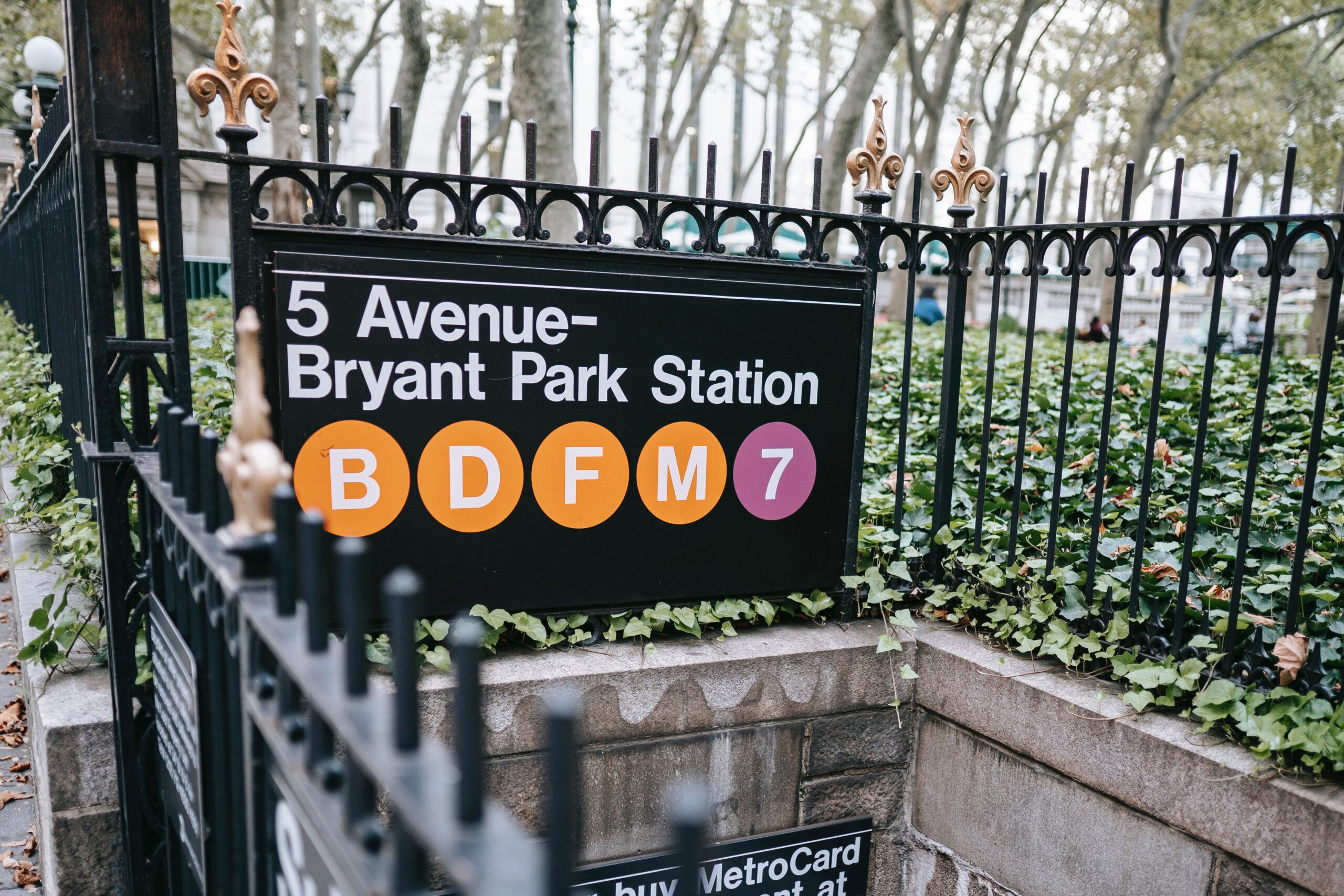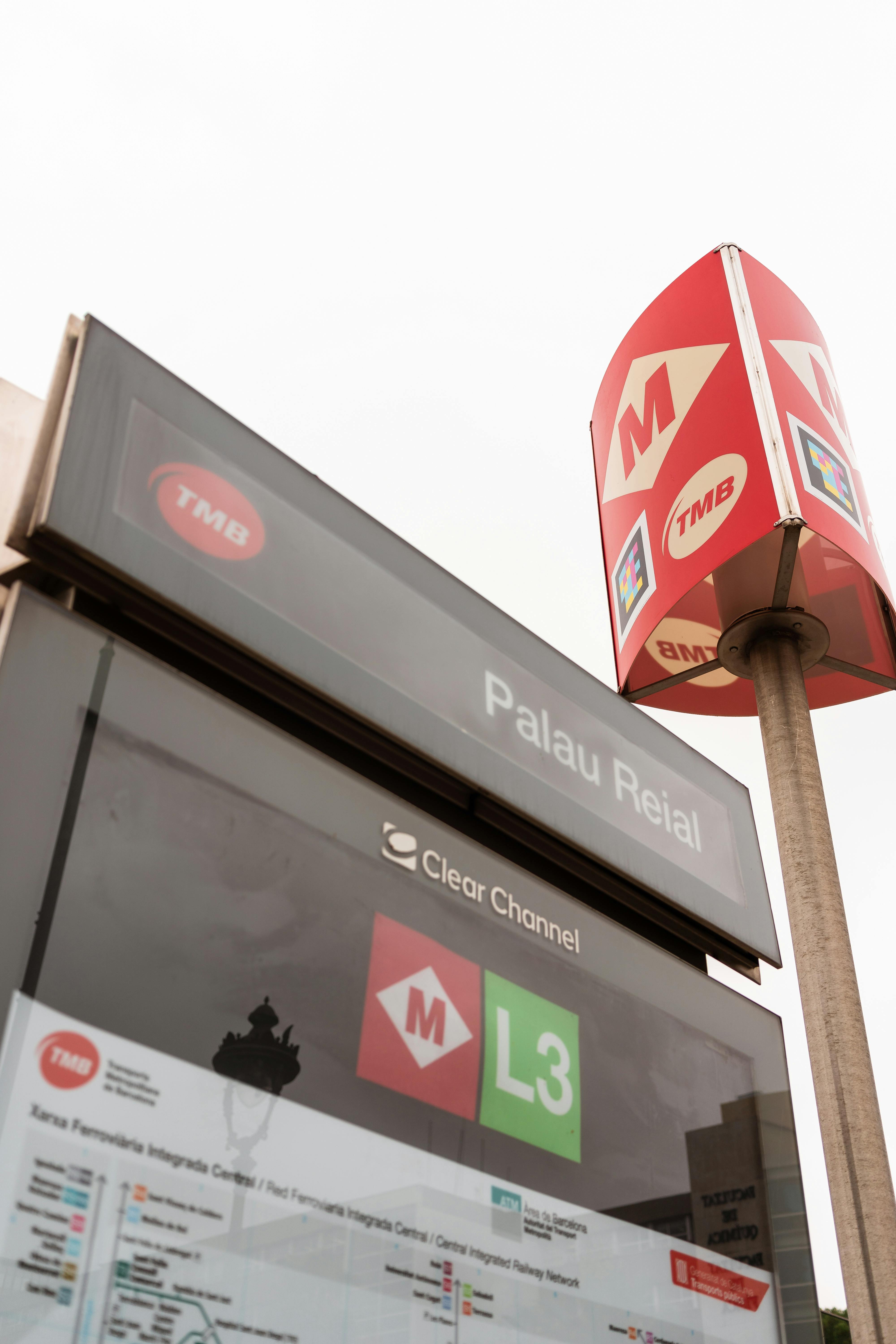So you’ve decided to venture into the world of cannabis business in Michigan. Congratulations! However, before you can start selling your products, you need to familiarize yourself with the complex world of zoning regulations. Navigating through the various zoning laws can be a daunting task, but fear not! In this article, we will guide you through the process, providing you with valuable information and tips that will help you successfully maneuver through the intricacies of zoning regulations for your cannabis business in Michigan. Let’s dive in and make sure you’re well-prepared for this exciting endeavor!
Understanding Zoning Regulations in Michigan
Zoning regulations play a crucial role in determining where certain types of businesses, including cannabis businesses, can operate within the state of Michigan. These regulations are put in place to ensure that land use is controlled in a way that promotes public safety, protects the environment, and maintains the overall quality of life in communities.
Determining the Role of Zoning Regulations
Before delving into the specifics of zoning regulations in Michigan, it’s important to understand their purpose and role. Zoning regulations establish different types of land uses and divide them into specific districts based on factors such as residential, commercial, industrial, and agricultural. This classification and division help guide the type of activities that can take place in each district, including where cannabis businesses can operate.
Zoning regulations are largely designed to address concerns such as land use compatibility, public health and safety, noise regulations, environmental considerations, and aesthetic factors. By establishing zoning regulations, the local government aims to balance the interests of different stakeholders and ensure the harmonious coexistence of various land uses.
Identifying the Relevant Zoning Laws and Codes
In Michigan, zoning regulations are determined at the local level by individual municipalities and counties. Each municipality or county has its own set of zoning laws and codes, which may vary significantly from one jurisdiction to another. Therefore, it is essential for individuals or businesses looking to establish a cannabis business to familiarize themselves with the specific zoning laws and codes of the desired location.
To identify the relevant zoning laws and codes, you can usually access them through the website or office of the local government, specifically the planning department or zoning administrator. These resources will provide you with the necessary information about zoning districts, land use categories, regulations, and any specific requirements or restrictions that may apply to cannabis businesses.
Understanding Zoning Districts and Land Use Categories
Michigan utilizes zoning districts and land use categories to organize different types of properties and determine the allowable uses within each district. Zoning districts can range from residential to commercial, industrial, agricultural, mixed-use, or even special-use districts designated for specific purposes.
For a cannabis business, the most relevant zoning districts may include commercial or industrial districts. However, due to the sensitive nature of the cannabis industry, certain municipalities may have additional restrictions or special requirements for cannabis businesses. It is crucial to review the specific regulations and requirements for each zoning district that allows for cannabis operations.
In addition to zoning districts, land use categories further define the types of activities or businesses that are permitted within specific zones. These categories can range from retail sales, cultivation, processing, testing, or distribution of cannabis products. Understanding the specific land use categories allowed within each zoning district will help you determine the suitability of a location for your cannabis business.
Conducting a Site Analysis
Once you have a basic understanding of zoning regulations in Michigan, it’s important to conduct a site analysis to evaluate the ideal location for your cannabis business.
Evaluating the Ideal Location for a Cannabis Business
When choosing a location for your cannabis business, several factors need to be considered. Firstly, proximity to your target market is essential. Consider the demographics, consumer behavior, and demand for cannabis products in the area you are considering. Being in close proximity to your customer base can give you a competitive advantage.
You should also consider the accessibility of the location. Is it easy for customers to find and reach? Is it close to major roads or public transportation? These factors can affect foot traffic and ease of delivery, which are crucial for the success of your business.
Considerations for Land Use Compatibility
Land use compatibility is an important aspect to consider when selecting a location for your cannabis business. Some municipalities may have specific regulations regarding the proximity of cannabis businesses to certain land uses such as schools, parks, or residential areas. Researching and understanding these regulations before selecting a location can save you time and effort in the long run.
Additionally, you should evaluate the compatibility with neighboring businesses. Are there any existing businesses that may be negatively affected by the presence of your cannabis business? Understanding and respecting the concerns of neighboring businesses can help foster positive relationships within the community.
Assessing Proximity to Sensitive Areas
Cannabis businesses need to be mindful of their proximity to sensitive areas such as drug-free zones, places of worship, or rehab centers. These areas may have stricter regulations and restrictions regarding cannabis operations. Ensuring that your location is compliant with the required distance setbacks from sensitive areas will help you avoid potential legal issues and maintain a good reputation within the community.

Reviewing Zoning Maps and Ordinances
Once you have identified potential locations for your cannabis business, it is crucial to review zoning maps and ordinances to ensure compliance with the specific regulations of each district.
Obtaining Zoning Maps and Ordinance Documents
Zoning maps and ordinance documents can usually be obtained from the planning department or zoning administrator of the local government. These resources provide visual representations of zoning districts and specify the regulations and requirements for each district. Reviewing these maps and documents will help you understand the specific zoning designations and any overlay zones that may affect your cannabis business.
Analyzing Zoning Designations and Overlay Zones
Zoning designations outline the specific zoning district in which a property is located. By analyzing these designations, you can determine whether your cannabis business is allowed in that particular district. Additionally, overlay zones may impose additional regulations or restrictions on cannabis businesses. Understanding and analyzing both zoning designations and overlay zones is vital in ensuring compliance with the local zoning regulations.
Identifying Allowable and Prohibited Locations
Zoning maps and ordinances also provide information on allowable and prohibited locations for cannabis businesses. These regulations may specify certain areas where cannabis businesses are allowed to operate, such as specific zones or districts, or identify areas where cannabis businesses are prohibited altogether. Carefully reviewing the zoning maps and ordinances will help you identify suitable locations for your cannabis business while ensuring compliance with the regulations in place.
Engaging with Local Government Officials
Engaging with local government officials, specifically the planning department and zoning administrators, is a critical step in navigating the zoning regulations for a cannabis business in Michigan.
Contacting the Planning Department
The planning department is a valuable resource when it comes to understanding and complying with zoning regulations. Contacting the planning department allows you to ask questions, seek clarification on zoning requirements, and get guidance on the specific processes and procedures for establishing a cannabis business in a given jurisdiction. Their expertise and knowledge will help ensure that you are on the right track and following the appropriate steps.
Requesting a Pre-Application Meeting
Before moving forward with your cannabis business plans, it is advisable to request a pre-application meeting with the planning department. This meeting provides an opportunity to present your proposed business concept, discuss potential locations, and get initial feedback from local government officials. Meeting with the planning department early on in the process can help you uncover any potential challenges or issues that may arise and allow for early adjustments to your plans.
Seeking Guidance from Zoning Administrators
Zoning administrators are responsible for enforcing and interpreting zoning regulations. Seeking guidance from zoning administrators can provide valuable insights into the specific requirements for establishing a cannabis business in a certain location. They can help you navigate the permitting process, understand any variances or exceptions that may be available, and ensure that your plans align with the local zoning regulations.

Understanding Conditional Use Permits and Special Land Use Approvals
Certain zoning districts may require conditional use permits or special land use approvals for cannabis businesses. Understanding the differences and requirements for these permits and approvals is essential to ensure compliance with the local regulations.
Differentiating Conditional Use Permits and Special Land Use Approvals
Conditional use permits and special land use approvals are both mechanisms used by local governments to regulate certain land uses that may have unique or potentially impactful characteristics. While the specific requirements can vary, conditional use permits typically involve an application process in which the applicant demonstrates how their proposed use can meet specific criteria established by the local government. Special land use approvals often require a public hearing and provide an opportunity for community members to voice their concerns or support for the proposed land use.
Understanding Application Procedures and Requirements
When applying for conditional use permits or special land use approvals, it is important to familiarize yourself with the specific application procedures and requirements of the local government. This can include submitting detailed plans, traffic impact studies, environmental impact assessments, and engaging with neighboring property owners. Meeting the application requirements and ensuring all necessary documentation is provided will increase your chances of obtaining the necessary permits or approvals.
Addressing Public Hearings and Community Input
Public hearings are often required as part of the application process for special land use approvals. These hearings provide an opportunity for community members to express their opinions, ask questions, and voice any concerns regarding the proposed cannabis business. Attending and actively participating in these hearings demonstrates your commitment to engaging with the community and addressing any potential issues that may arise.
Navigating Buffer Zones and Setbacks
Buffer zones and setbacks are critical considerations when establishing a cannabis business. These regulations specify the distance requirements for cannabis businesses from sensitive uses such as schools, parks, residential areas, or other cannabis businesses.
Identifying Buffer Zones and Setback Requirements
Buffer zones and setback requirements vary depending on the specific regulations of each municipality or county. Understanding and identifying the buffer zones and setback requirements for your desired location is crucial to ensure compliance with the zoning regulations. This may involve measuring and calculating the distances between your proposed location and sensitive uses to determine if it meets the required setback requirements.
Complying with Distance Requirements from Sensitive Uses
Ensuring compliance with the distance requirements from sensitive uses is essential for obtaining necessary permits and approvals. If your proposed location does not meet the required setbacks, you may need to explore alternatives or seek a variance or exception from the local government. It’s important to note that obtaining variances or exceptions can be a more complex and time-consuming process, so it’s advisable to consider locations that naturally comply with the distance requirements whenever possible.
Considering Buffer Zone Variances and Exceptions
In some cases, it may be possible to seek a variance or exception from the local government regarding buffer zones and setback requirements. This process typically involves demonstrating that the proposed location meets certain criteria and will not negatively impact the surrounding area. However, it is important to note that variances and exceptions are not guaranteed and should only be pursued after careful consideration of the potential challenges and outcomes.

Complying with Security and Safety Regulations
Compliance with security and safety regulations is crucial for the successful operation of a cannabis business and ensuring the well-being of employees and customers.
Understanding Security Measures for Cannabis Businesses
Due to the nature of the cannabis industry, security measures are of utmost importance. Michigan has specific security requirements for cannabis businesses to ensure the prevention of theft, control access, and safeguard the product. These requirements typically include measures such as video surveillance, alarm systems, secure storage for cannabis products, and background checks for employees. Understanding and implementing these security measures is essential for compliance and operating a secure and safe cannabis business.
Ensuring Compliance with State and Local Safety Regulations
In addition to security measures, cannabis businesses need to comply with state and local safety regulations. These regulations cover various aspects such as fire safety, ventilation systems, hazardous materials handling, and emergency preparedness. Compliance with these regulations not only ensures the safety of the premises but also demonstrates a commitment to the well-being of employees and the surrounding community.
Implementing Safety Protocols and Emergency Preparedness
Developing and implementing safety protocols and emergency preparedness plans is critical for minimizing risks and ensuring a safe environment for employees and customers. This includes procedures for handling hazardous materials, training employees on safety protocols, conducting regular safety inspections, and having contingency plans for emergencies such as fires or natural disasters. Prioritizing safety and being prepared for unexpected events is essential for the long-term success of your cannabis business.
Addressing Environmental Considerations
Cannabis businesses also need to address environmental considerations and ensure compliance with environmental regulations and permits.
Mitigating Environmental Impact
Cultivation, processing, and other operations associated with cannabis businesses can have potential environmental impacts. It is crucial to implement sustainable practices and mitigate any adverse effects on the environment. This can include measures such as energy-efficient lighting, water conservation, waste management, and implementing eco-friendly cultivation and production methods. Taking steps to minimize the environmental impact of your cannabis business not only aligns with sustainability goals but can also enhance your reputation as a responsible and environmentally conscious business.
Addressing Water Usage and Waste Management
Water usage and waste management are important environmental considerations for cannabis businesses. Michigan has regulations governing the use of water resources, as well as requirements for waste disposal and management. Implementing water-efficient irrigation systems, managing and recycling wastewater, and properly disposing of waste products are crucial for meeting environmental regulations and demonstrating responsible environmental stewardship.
Complying with Environmental Regulations and Permits
To ensure compliance with environmental regulations, cannabis businesses must obtain any necessary permits or approvals related to environmental impact. This may include permits for water usage, wastewater management, or other specific requirements related to the environmental impact of your business operations. Working closely with the local environmental agencies and obtaining the necessary permits will help ensure that your cannabis business is in compliance with all environmental regulations.

Navigating Licensing and Permitting Processes
Understanding the licensing and permitting processes is key to legally operating a cannabis business in Michigan.
Understanding State Licensing Requirements
The state of Michigan has specific licensing requirements for cannabis businesses, including growers, processors, secure transporters, and provisioning centers. Familiarize yourself with the licensing requirements for the particular type of cannabis business you plan to establish. This may involve meeting certain criteria such as background checks, financial qualifications, and compliance with specific regulations and standards.
Ensuring Compliance with Local Licensing Processes
In addition to state requirements, local municipalities and counties may have their own licensing processes and requirements for cannabis businesses. It is essential to research and understand the specific local licensing processes in the jurisdiction where you plan to operate. Engaging with local government officials and seeking their guidance will help ensure that you meet all the necessary requirements and obtain the required licenses and permits for your cannabis business.
Engaging with the Marijuana Regulatory Agency (MRA)
The Marijuana Regulatory Agency (MRA) is the state agency responsible for overseeing and regulating cannabis businesses in Michigan. They can provide valuable information regarding licensing processes, requirements, and compliance with state regulations. Engaging with the MRA and seeking their guidance will help you navigate the licensing process more effectively and meet all the necessary requirements to legally operate your cannabis business.
Staying Updated on Regulatory Changes
Regulatory changes are common in the cannabis industry, and it is essential to stay informed and adapt to these changes to maintain ongoing compliance.
Monitoring Evolving Zoning and Land Use Regulations
Zoning and land use regulations may change over time as communities adapt and respond to the evolving cannabis industry. It is important to stay informed about any updates or changes to these regulations in the jurisdictions where you plan to operate. Regularly monitoring local government websites, attending public meetings, and staying in contact with planning department officials will help you stay ahead of any regulatory changes that may impact your cannabis business.
Adapting to New Legislation and Amendments
Legislation regarding cannabis business operations can evolve, with new laws and amendments being enacted. It is crucial to stay updated on these changes to ensure ongoing compliance with state and local regulations. Following reputable news sources, participating in industry associations, and engaging with legal professionals specialized in the cannabis industry can provide valuable insights and help you adapt to new legislation and amendments.
Maintaining Ongoing Compliance
Compliance with zoning regulations and other related requirements is not a one-time task but an ongoing commitment. Regularly reviewing and updating your business practices to align with regulatory changes, conducting periodic self-assessments, and ensuring ongoing compliance with zoning regulations, safety requirements, and environmental regulations will help you maintain a successful and sustainable cannabis business in Michigan.
Navigating zoning regulations for a cannabis business in Michigan may seem complex, but by understanding the role of zoning regulations, conducting a thorough site analysis, reviewing zoning maps and ordinances, engaging with local government officials, and addressing various considerations such as security, safety, environmental impact, licensing, and ongoing compliance, you can set yourself up for success in the cannabis industry. Remember to always seek guidance from professionals, stay informed about regulatory changes, and maintain a positive relationship with the local community to ensure the long-term viability of your cannabis business.
